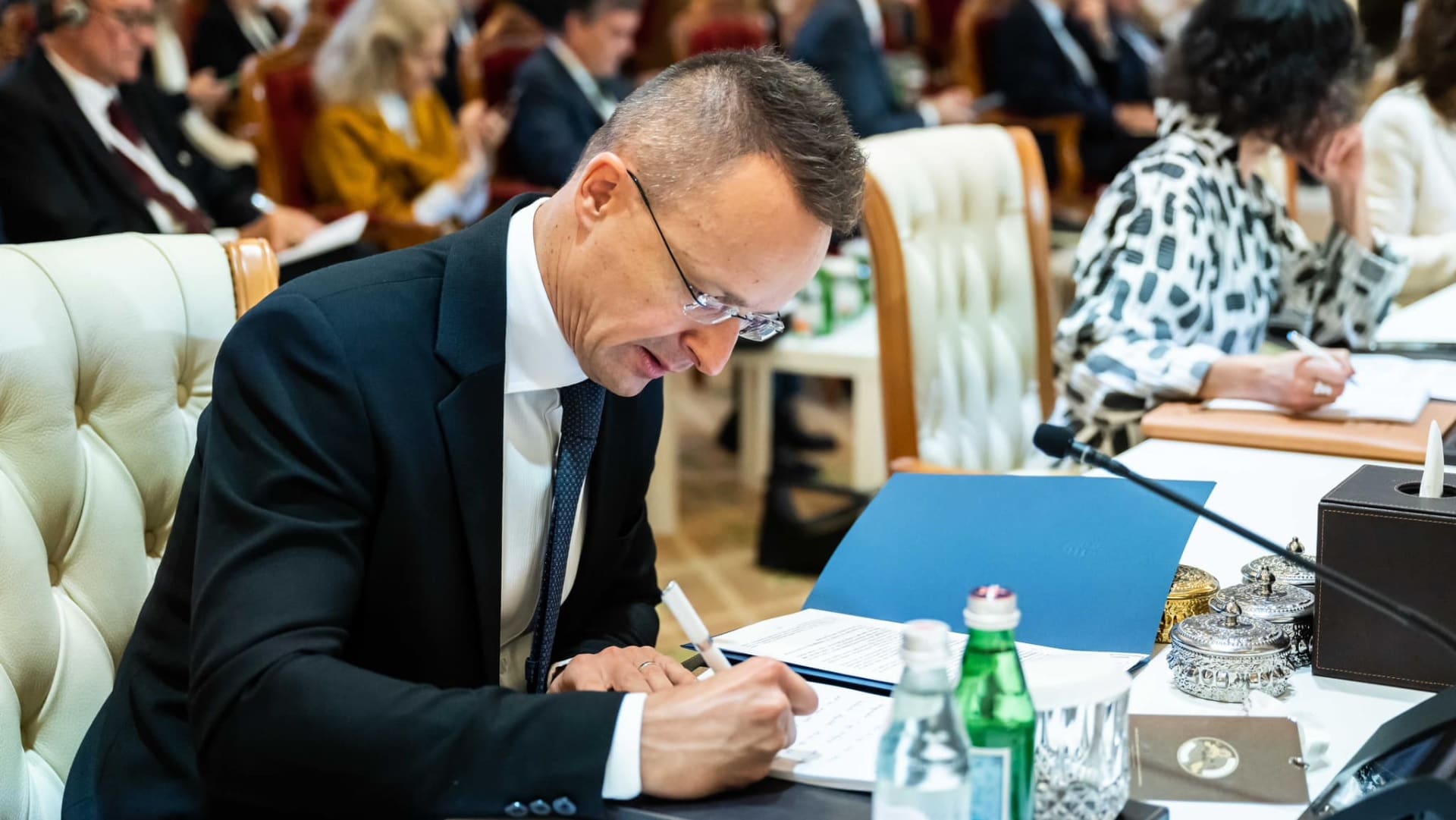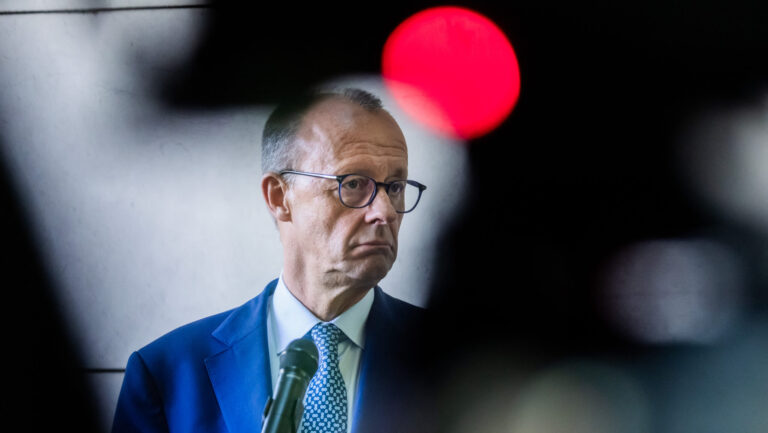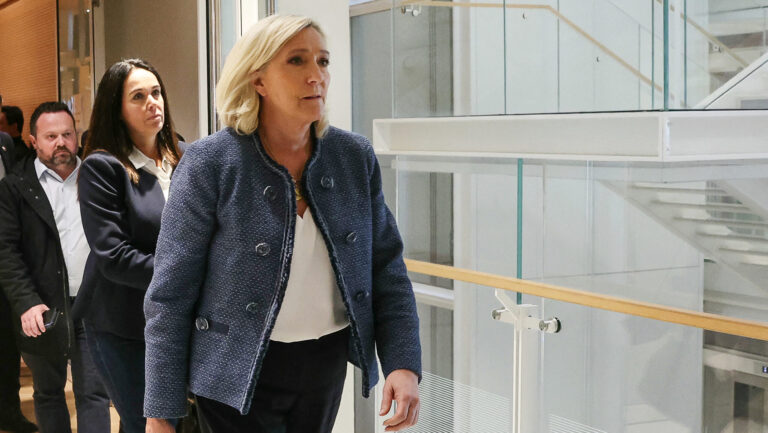‘It is essential for the international community to collectively act to prevent the escalation of the Israeli-Palestinian conflict. Responsible behaviour is crucial, as the situation could easily lead to an unprecedented humanitarian catastrophe,’ Péter Szijjártó, the Minister of Foreign Affairs and Trade emphasized on Tuesday, 10 October in Muscat, Oman.
According to the ministry’s statement, during a joint council meeting of the European Union and the Gulf Cooperation Council (GCC), Minister Szijjártó expressed Hungary’s deep concern over the Israel terrorist attacks and their potential consequences, which could easily lead to one of the largest humanitarian disasters in history. He believes that
this tragedy occurred at the worst possible time, as the process of normalizing the situation had just begun,
and significant steps had been taken towards peace, which now could be jeopardized and rendered null.
He stressed the importance of achieving long-term, sustainable peace in the Middle East and called for the international community to act collectively to prevent escalation, urging responsible behaviour from all global political actors. In his address, Szijjártó highlighted that GCC member states could play a significant role in preventing escalation, as their involvement has had a positive and stabilizing impact on various regional conflicts in the past.
He expressed hope that the world could once again rely on the Gulf countries’ ‘stabilizing and mediating’ efforts, which could contribute to resolving the crisis and consequently improving European security.
Log in or sign up to view
See posts, photos and more on Facebook.
He went on to state that there is a greater need than ever before to strengthen the alliance, urging closer cooperation between the EU and GCC. Therefore, he called for expedited negotiations on matters that could facilitate this cooperation, such as visa exemptions and free trade agreements.
‘The cooperation between the European Union and the Gulf Cooperation Council can be a crucial tool in resolving humanitarian crises worldwide,’ he said. The minister also pointed out that Europe faces serious security challenges due to the war in Ukraine and increasing migration pressure. Hungary is situated at the intersection of these two issues.
‘We all know very well that the main triggers of migratory flows are armed conflicts, wars, and growing terrorist threats. The global security situation directly affects the immigration pressure on the European Union,’ he emphasized.
He elaborated that when global security improves, there is a decrease in migration pressure on the EU, and when it deteriorates, the pressure increases. He outlined the consequences of this phenomenon, including the creation of parallel societies, increased terrorist threats, and failures in social integration.
‘This is one of the reasons why Europe is absolutely interested in resolving as many armed conflicts as possible through peaceful means,’
he concluded.
Related articles:
Source: Hungarian Conservative/KKM








